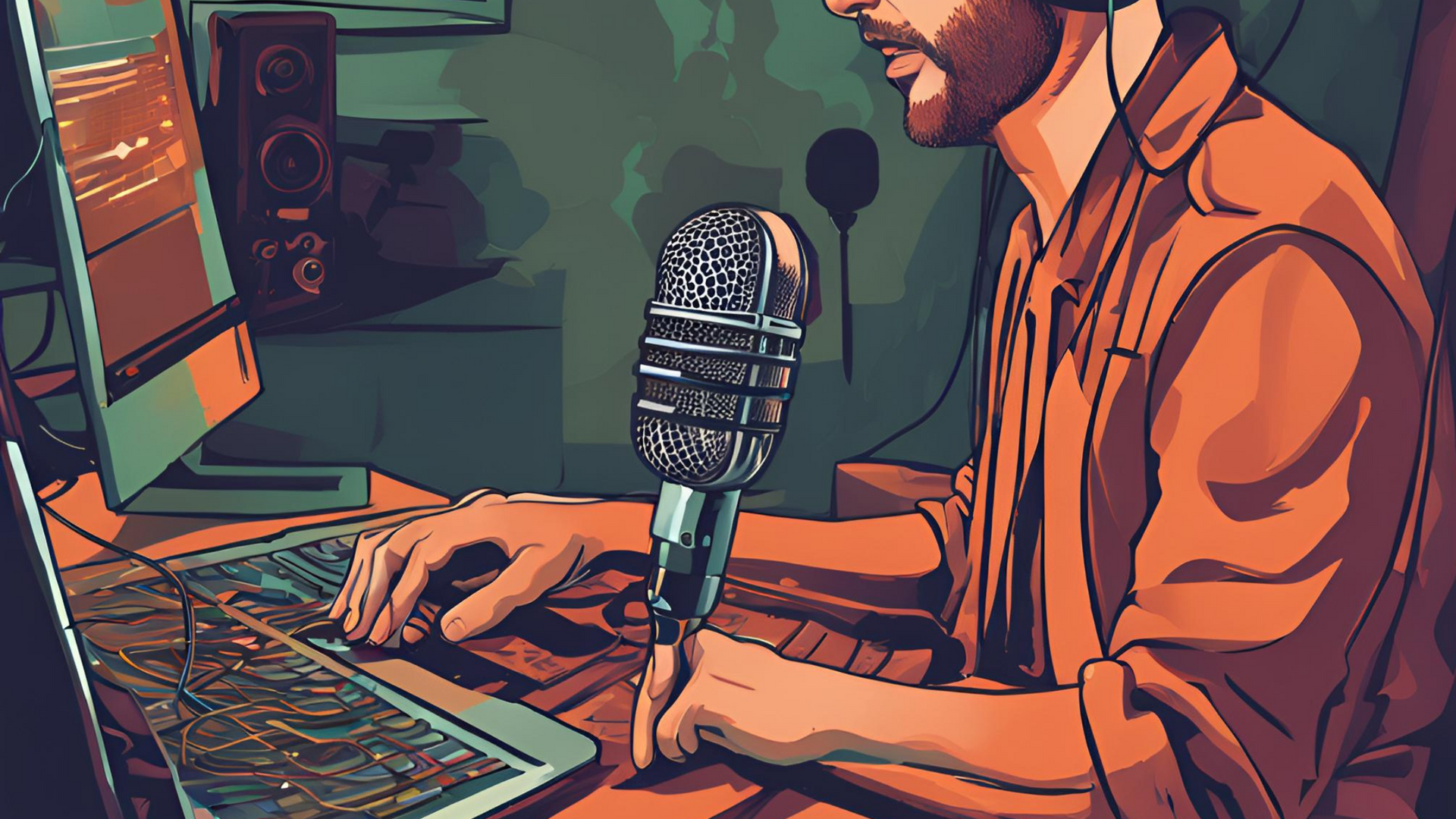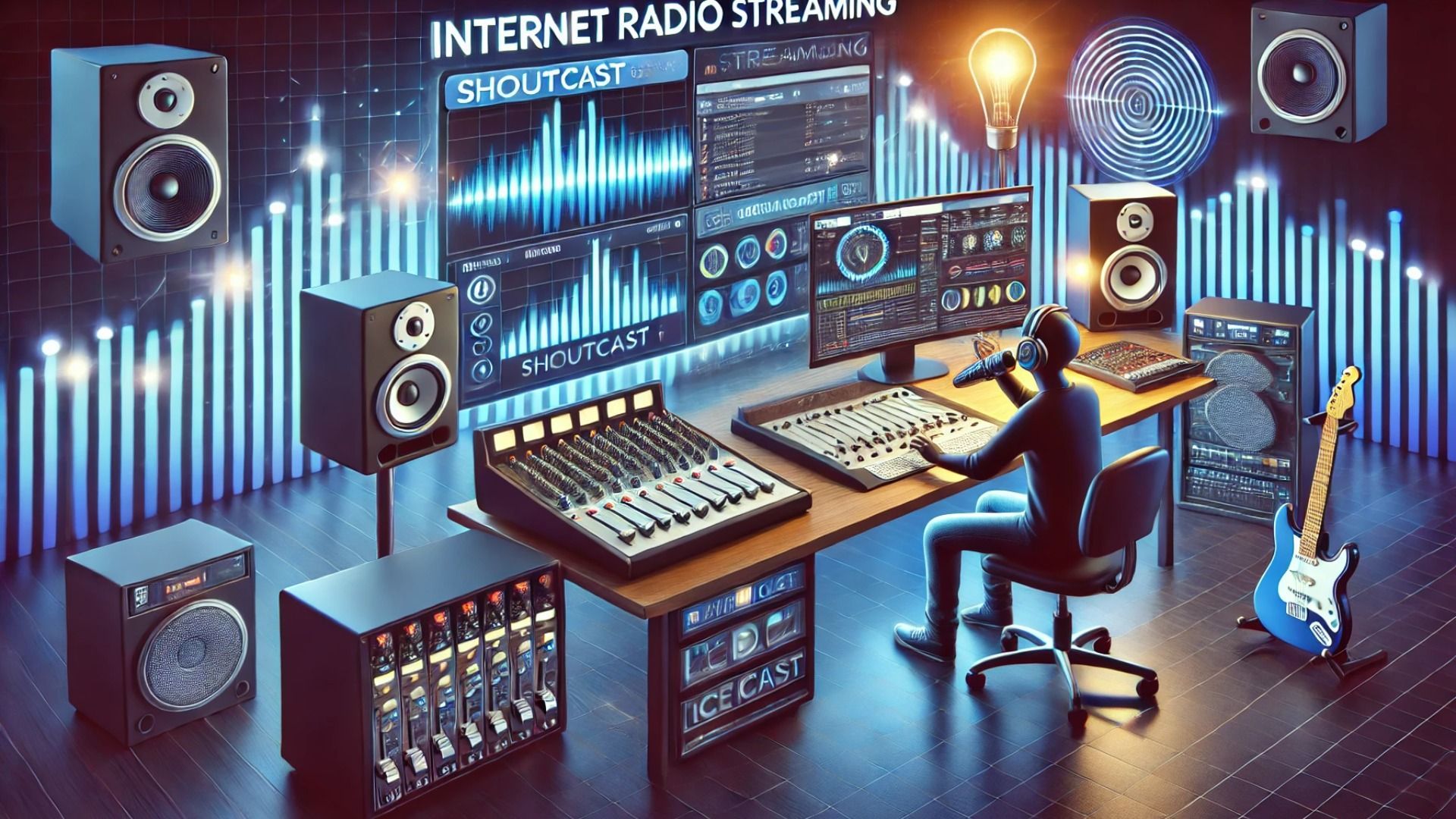The Future of Internet Radio: How Streaming Services are Changing the Game
The Future of Internet Radio: How Streaming Services are Changing the Game
In recent years, the landscape of radio has undergone a significant transformation. With the rise of the internet and the advent of streaming services, traditional terrestrial radio stations are facing stiff competition from online platforms. Internet radio, also known as streaming radio, has become a dominant force in the world of audio entertainment, offering users a wide array of choices and personalized experiences. In this blog, we will explore the future of internet radio and how streaming services are revolutionizing the way we consume audio content.
One of the key advantages of internet radio is its accessibility. Unlike traditional radio, which relies on physical antennas and limited broadcasting range, internet radio is available to anyone with an internet connection. Whether you're at home, in your car, or on the go, you can tune in to your favorite stations and podcasts from around the world. This global reach has opened up a whole new world of possibilities, allowing listeners to discover and explore content that they may not have otherwise encountered.
Streaming services have also revolutionized the way we discover new music. In the past, radio stations had limited airtime and followed a set playlist, often dictated by record labels and popularity charts. With streaming services, algorithms and recommendation systems have taken center stage. These platforms use data-driven insights to analyze users' listening habits and preferences, offering personalized recommendations based on individual tastes. This approach has empowered listeners to explore a vast catalogue of music and discover artists that may have flown under the radar in the past. As a result, streaming services have become a powerful tool for both established and emerging musicians to reach a global audience.
Another aspect that sets internet radio apart is the concept of on-demand listening. Unlike traditional radio, which operates on a fixed schedule, streaming services allow users to access content whenever and wherever they want. With the ability to pause, rewind, and skip tracks, listeners have full control over their listening experience. This flexibility has transformed the way we engage with audio content, enabling us to consume it at our own pace and in our own preferred order. Additionally, many streaming services offer offline listening options, allowing users to download their favorite shows or playlists and enjoy them without an internet connection. This convenience has made streaming services a go-to choice for commuters, travelers, and individuals with varying schedules.
Podcasts, in particular, have witnessed a surge in popularity with the advent of streaming services. These episodic audio shows cover a wide range of topics, from true crime and news analysis to comedy and self-help. The on-demand nature of podcasts, coupled with the ease of access and the ability to subscribe to favorite shows, has led to a podcasting boom. Listeners can explore niche topics, follow their favorite hosts, and engage with thought-provoking discussions at their convenience. The rise of podcasts has not only given a voice to independent creators but has also attracted big names from the entertainment industry, further diversifying the audio landscape.
Internet radio has provided opportunities for user interaction and engagement. Unlike traditional radio, where listener interaction was limited to call-ins or requests, streaming services offer various ways for users to engage with the content and with each other. Many platforms incorporate social features, allowing listeners to share their favorite songs or episodes on social media, create and follow playlists curated by friends or influencers, and even interact directly with hosts and artists through live chats or comments. This increased interactivity has transformed the passive act of listening into a communal experience, fostering a sense of belonging and connection within online communities.
Looking ahead, the future of internet radio seems promising. As technology continues to advance, we can expect even more innovative features and immersive experiences. For instance, voice-controlled devices, such as smart speakers commands, making it even more convenient to access and enjoy internet radio. As voice recognition technology improves, we can anticipate a seamless and intuitive user experience, where listeners can simply ask their devices to play their favorite stations, podcasts, or songs.
Furthermore, advancements in artificial intelligence and machine learning will continue to refine the recommendation algorithms used by streaming services. These algorithms will become more accurate in predicting listeners' preferences, leading to even more personalized and tailored recommendations. This will enable users to discover new content that aligns with their unique tastes, further expanding their audio horizons.
Another exciting development is the integration of augmented reality (AR) and virtual reality (VR) technologies into the realm of internet radio. Imagine being able to virtually attend a live concert or immersive storytelling experience through your streaming service. With AR and VR, the boundaries between physical and digital experiences will blur, creating captivating and interactive audio journeys.
Additionally, as streaming services become more prevalent, we can expect to see a diversification of content formats. While music and podcasts dominate the current landscape, internet radio has the potential to host a wide range of audio content, including live sports broadcasts, educational lectures, audiobooks, and more. This expansion of content offerings will cater to a broader audience, attracting listeners with diverse interests and preferences.
As internet radio continues to evolve, it is crucial to address certain challenges. One such concern is the issue of artist compensation and fair royalties. As streaming services gain popularity, artists and musicians have raised concerns about the fairness of the revenue distribution model. Striking a balance between affordable access for listeners and fair compensation for creators will be a key area of focus for the future sustainability of internet radio.
In conclusion, the future of internet radio is undoubtedly bright. Streaming services have revolutionized the audio landscape, offering unparalleled accessibility, personalized recommendations, on-demand listening, and interactive experiences. With advancements in technology, we can expect even more exciting features and immersive experiences to enhance our enjoyment of internet radio. As the industry continues to grow, it is crucial to address challenges related to artist compensation and revenue distribution. By doing so, we can ensure a sustainable and vibrant ecosystem that benefits both creators and listeners. So, plug in your headphones, explore the vast world of internet radio, and let the future of audio entertainment unfold before your ears.


All Rights Reserved | RadioBASH.com a division of Tommy House Studios
Powered by LaunchCMS.com








